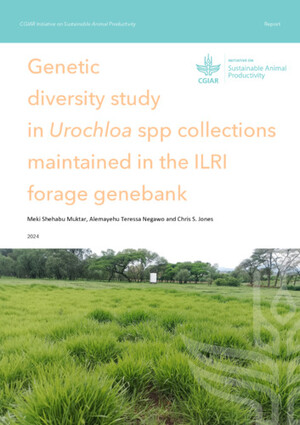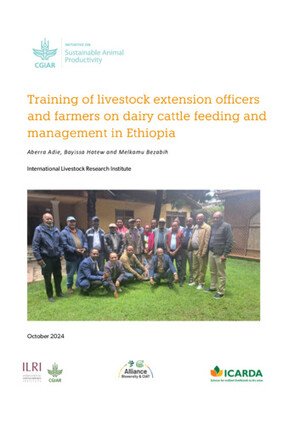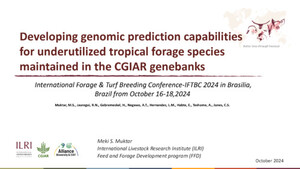
Symposium review: Effective nutritional strategies to mitigate enteric methane in dairy cattle
Abstract
Intensive research in the past decade has resulted in a better understanding of factors driving enteric methane (CH4) emissions in ruminants. Meta-analyses of large databases, developed through the GLOBAL NETWORK project, have identified successful strategies for mitigation of CH4 emissions. Methane inhibitors, alternative electron sinks, vegetable oils and oilseeds, and tanniferous forages are among the recommended strategies for mitigating CH4 emissions from dairy and beef cattle and small ruminants. These strategies were also effective in decreasing CH4 emissions yield and intensity. However, a higher inclusion rate of oils may negatively affect feed intake, rumen function, and animal performance, specifically milk components in dairy cows. In the case of nitrates (electron sinks), concerns with animal health may be impeding their adoption in practice, and potential emission trade-offs have to be considered. Tannins and tanniferous forages may have a negative effect on nutrient digestibility, and more research is needed to confirm their effects on overall animal performance in long-term experiments with high-producing animals. A meta-analysis of studies with dairy cows fed the CH4 inhibitor 3-nitrooxypropanol (3-NOP) at the Pennsylvania State University showed (1) a consistent 28 to 32% decrease in daily CH4 emissions or emissions yield and intensity; (2) no effect on dry matter intake, milk production, body weight, or body weight change, and a slight increase in milk fat concentration and yield (0.19 percentage units and 90 g/d, respectively); 3-NOP also appears to increase milk urea nitrogen concentration; (3) an exponential decrease in the mitigation effect of the inhibitor with increasing its dose (from 40 to 200 mg/kg of feed dry matter, corresponding to 3-NOP intake of 1 to 4.8 g/cow per day); and (4) a potential decrease in the efficacy of 3-NOP over time, which needs to be further investigated in long-term, full-lactation or multiple-lactation studies. The red macroalga Asparagopsis taxiformis has a strong CH4 mitigation effect, but studies are needed to determine its feasibility, long-term efficacy, and effects on animal production and health. We concluded that widespread adoption of mitigation strategies with proven effectiveness by the livestock industries will depend on cost, government policies and incentives, and willingness of consumers to pay a higher price for animal products with decreased carbon footprint.
Citation
Hristov, A.N., Melgar, A., Wasson, D. and Arndt, C. 2022. Symposium review: Effective nutritional strategies to mitigate enteric methane in dairy cattle. Journal of Dairy Science










